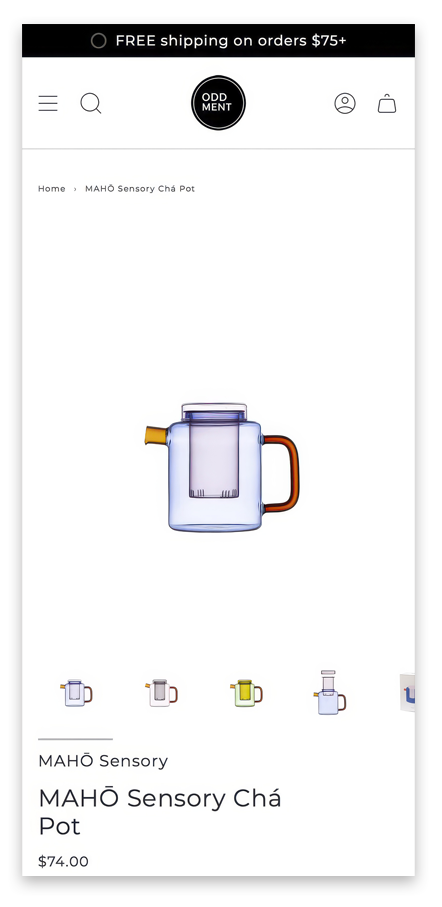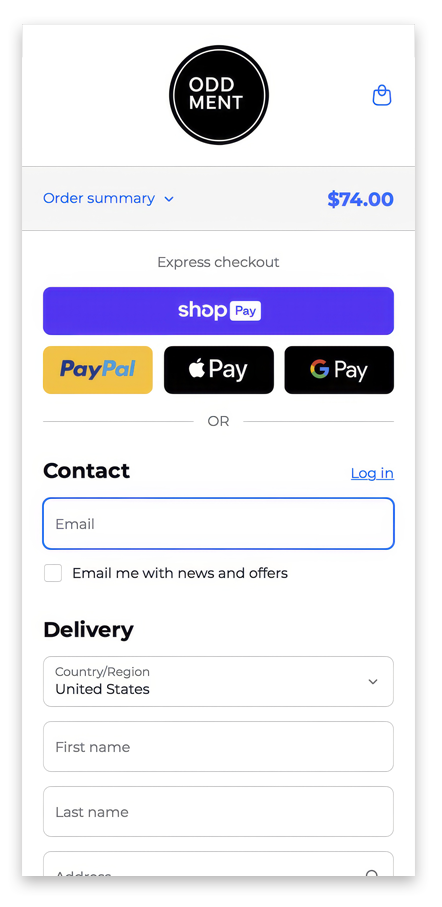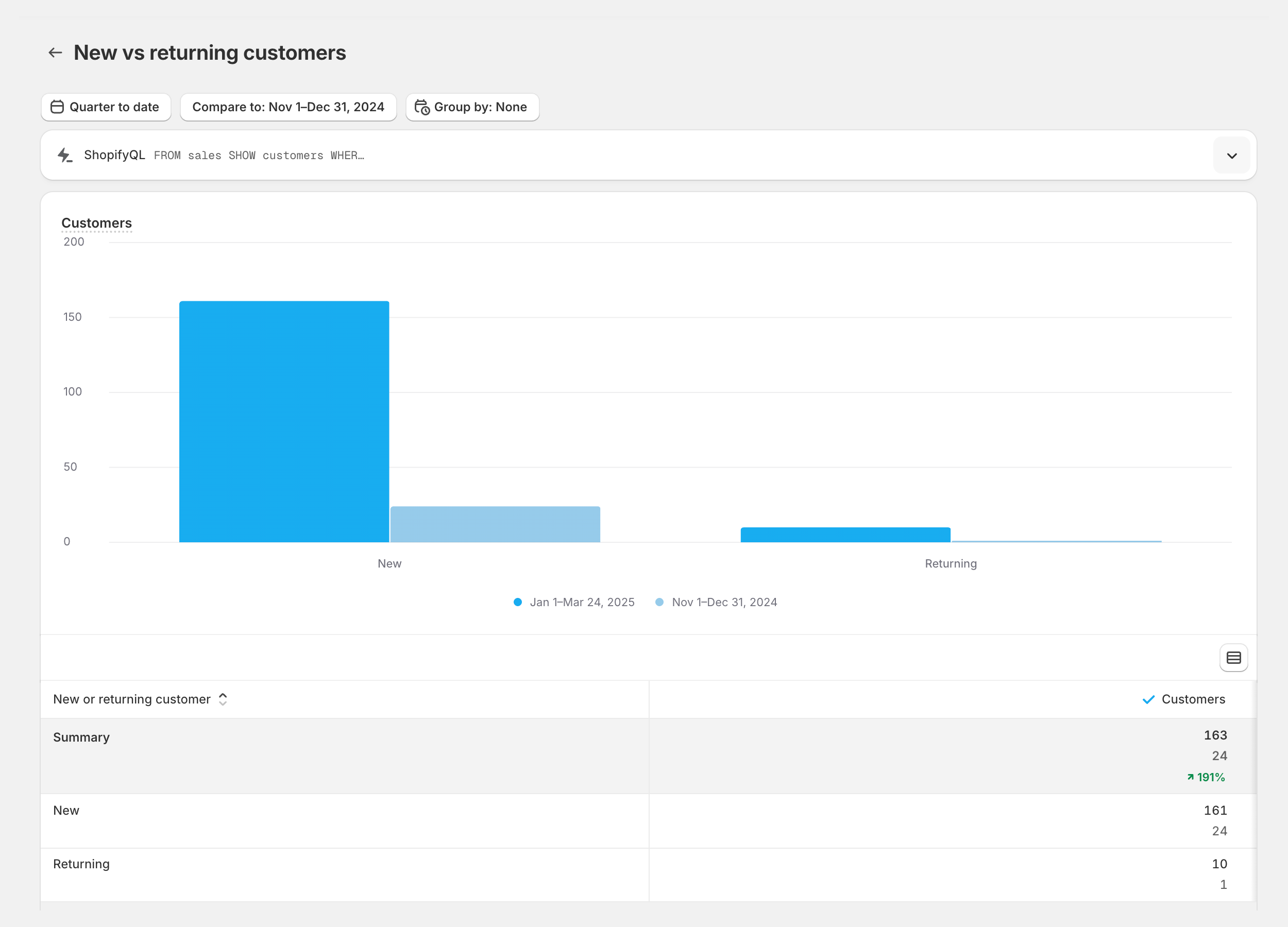Oddmentshop.com
A Thoughtfully Curated E-Commerce Experience
Overview:
Oddmentshop.com is a concept-driven online shop I founded and designed from the ground up. It offers thoughtfully curated alternatives to mass-market retail, with a focus on quality, purpose, and slow commerce. As the solo designer, I led the entire digital experience—branding, UX/UI, copywriting, product architecture, marketing campaigns, and email strategy.
Build a visually refined, conversion-ready e-commerce experience that:
challenges
Reflects a slow commerce philosophy
Offers an intuitive and engaging product discovery experience
Drives sign-ups and sales without relying on aggressive discounting or fast-consumption tactics
Balances editorial storytelling with shopping functionality
MY ROLE
Brand Strategy • UX/UI • Visual Design • Copywriting • E-Commerce • Email Campaigns • Ad Creative
TOOLS USED
Figma • Shopify • Klaviyo • Adobe CC • Google Ads (Performance Max) • Google Analytics • Google Merchant Services • Google Spreadsheets • Meta Ads • Amazon AWS
Oddment’s brand identity was intentionally designed to be minimal, flexible, and quietly supportive—reflecting its role as a thoughtful curator of products from other brands around the world.
To allow the shop’s diverse range of items to shine, I kept the visual identity understated: the logo is used in black or white only, and the core brand system embraces clean typography, generous white space, and seasonal accent colors that rotate based on campaign or mood.
This approach supports both scalability and clarity, positioning Oddment as a trusted backdrop rather than the focal point—subtly lifting the featured products without overshadowing them.
The design system is rooted in principles of slow commerce: restraint, quiet confidence, and space to explore without visual overwhelm.
Brand & Design System
Developed animated header visuals and product feature modules to support early email campaigns and site engagement during launch
Achieved 775+ link clicks at $0.47 CPC in first paid Instagram campaign
Early email campaigns saw strong engagement (49.3% open rate, 9.4% CTR) before being phased out in favor of a quiet commerce approach
Product Highlights
As creative lead and concept originator for Oddmentshop.com, I directed all messaging strategy and product storytelling. I collaborated closely with a writing partner (ChatGPT) to refine the brand voice and ensure consistency across the site.
I wrote all homepage, product, and landing page copy with a focus on benefits-first messaging, personality-aligned category naming, and language that emphasized uniqueness and calm clarity—avoiding the urgency-driven tone common in mass-market retail.
Copy was guided by Oddmentshop.com’s slow commerce values, using a minimal yet expressive tone to balance function and feeling.
Copywriting & Product Presentation
Additional Examples:
“Scandinavian charm for your table – Pastel hues and classic design, crafted to elevate every meal.” - written to elevate a simple tableware set by positioning it as a mood-setter and lifestyle enhancer, not just a utility item
“Flip them. Love them. Wash them.” – a playful, rhythmic tagline for Merippa’s reversible house slippers that highlights key product features in a single memorable line
“Glow into the New Year.” – seasonal campaign headline that reinforced oddmentshop.com’s tone: warm, simple, and mood-forward without typical sale-oriented language
I designed and implemented Oddment’s Klaviyo setup, including a Welcome Series, Early Access Countdown, and post-launch flows to support initial momentum and introduce first-time visitors to the shop’s curated offerings.
Email & Marketing Campaigns
In alignment with Oddment’s slow commerce philosophy, I made the deliberate decision to pause email campaigns in early 2025. Rather than contribute to inbox fatigue, I prioritized a more intentional experience—focusing on product storytelling, customer trust, and high-intent search campaigns. Instagram remained a quiet but consistent brand presence.
Interestingly, this minimalist strategy correlated with an increase in return customer rate—from 4.17% during the email campaign period (Nov–Dec) to 6.25% in the months after (Jan–Mar)—suggesting that meaningful product experiences and thoughtful UX can drive loyalty without constant promotional pressure.
Oddmentshop.com launched with Meta (Instagram) ads in October and November to build early awareness. After reviewing performance data, I noticed that the bulk of early conversions were coming from organic Google listings—a clear signal of high-intent shopping behavior.
In late December, I shifted focus toward Google Performance Max campaigns, allowing us to better capture those in-market searchers. This strategy quickly proved effective, driving a 3.04x ROAS from December through March and confirming that thoughtful products + high-intent search = sustainable growth.
Channel Strategy Shift
Results:
Launched with no pre-existing audience; all traffic and engagement built from zero
Total U.S. Users: 13,133
Engagement Rate: 80.67%
Average Engagement Time per Active User: 38 seconds
Engaged Sessions: 12,869
Total On-Site Events: 121,853
ROAS: Achieved 3.04x ROAS from Google Performance Max campaigns
Storytelling and UX structure can outperform discount-driven strategies when built on clarity and curation
Thoughtful product presentation and simple architecture improve engagement—even for new audiences
A slow commerce mindset is a viable path for launching an e-commerce experience that builds trust without urgency










